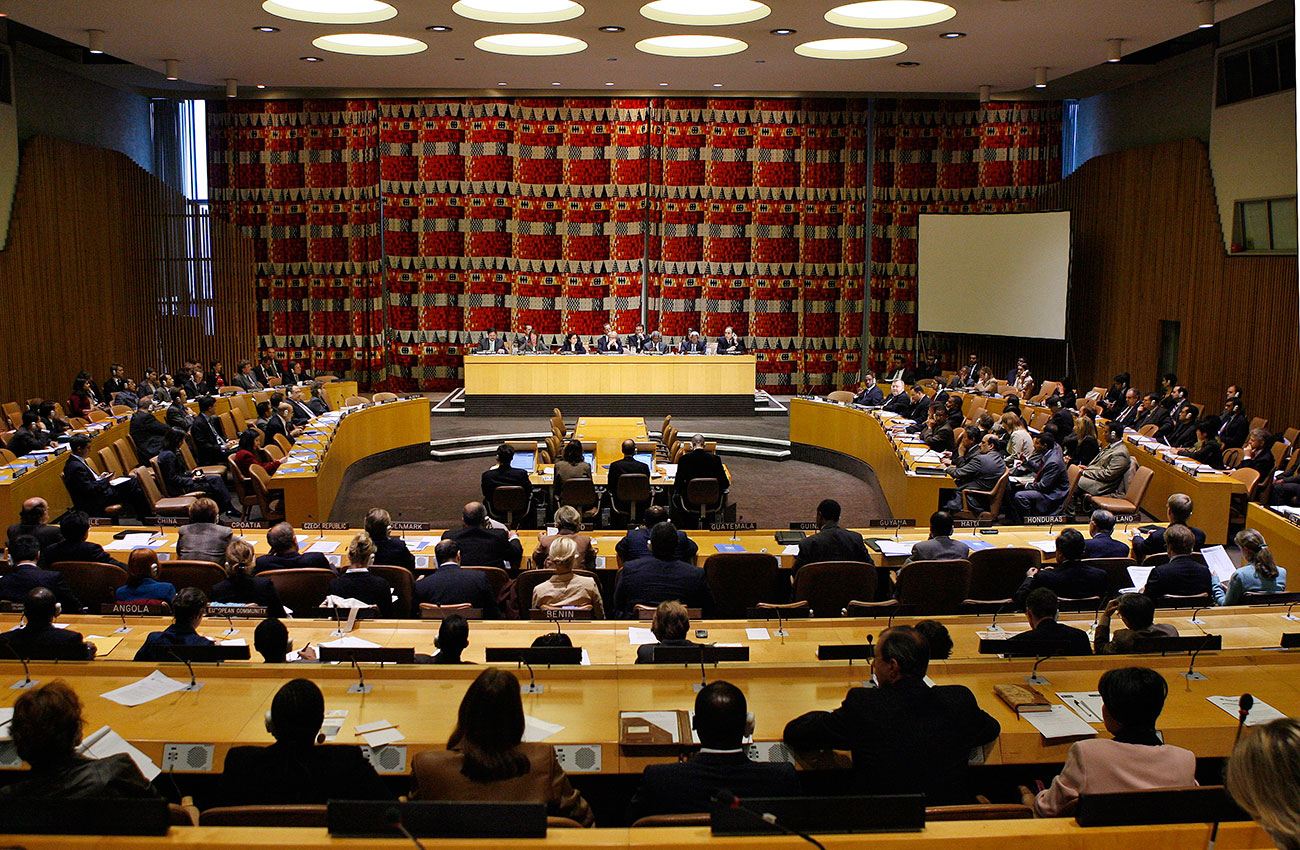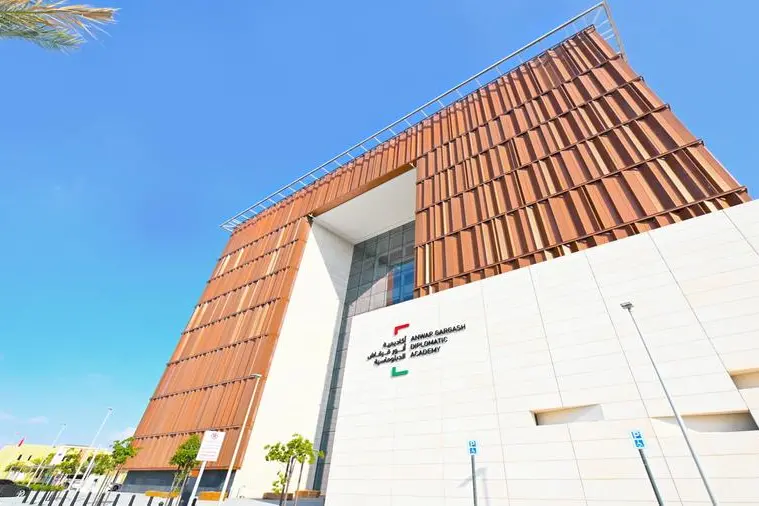The United Nations (UN) Peacebuilding Support Office (PBSO) and the UN Peacebuilding Fund (PBF) field staff have been seeking to develop coherence between one another, and to enhance their relationships with other institutions, especially ACCORD and the governments of PBF recipient countries (such as Liberia, Burundi, Côte d’Ivoire, Yemen, and Somalia). A challenge in developing these relationships in the past has been a lack of understanding between actors on the political nature of each of their peacebuilding contexts. The Peacebuilding Unit at ACCORD and the PBF thus partnered for a workshop to discuss the political contexts in specific country cases and other logistical challenges the PBF recipient countries have. As the participants have now returned to their countries, it is hoped that this understanding contributes to better international coherence and partnership between the countries and organisations.
The workshop was from the 18-21st August 2014, and it connected directly to a successful workshop between the PBF and ACCORD last year, which can be found here. Participants came from the focus countries of both ACCORD and countries which are approved for PBF funding, namely: Liberia, South Sudan, Burundi, Somalia, Côte d’Ivoire, Myanmar, Papua New Guinea, Yemen, the Democratic Republic of the Congo, Mali, Niger, Kyrgyzstan, and Guinea. The first two days brought together government personnel alongside ACCORD staff and the PBF field offices. The final two days only involved the technical or operating staff in the countries to focus on the challenges they face in implementation of their peacebuilding efforts – challenges both from their political contexts and from the PBSO. Hearing more about the challenges coming from the political contexts and experiences of the countries in the first part led to greater insight between partners on both sides so that they could thus enhance their coherence.
ACCORD’s primary role within the partnership was to contribute their experiences working with civil society organisations and the government in Burundi, Somalia, South Sudan, and the Great Lakes region – though ACCORD also supplied administrative and financial support. These country-level experiences and peer-to-pear learning helped the participants gain a defter political lens in their strategic planning. The event enabled the personnel in the New York headquarters to learn more directly from their field offices about the specific challenges to peacebuilding in each of their contexts. The workshop contributed to the wider goal of the Peacebuilding Unit to contribute to policy developments and greater coherence among peacebuilding actors. The PBF found this support useful because of ACCORD’s experience in peacebuilding countries in Africa. ACCORD has shown itself to be a strong African-based organisation with high-quality engagements between governments and civil society organisations in peacebuilding contexts.
With this strengthened relationship between the PBF and ACCORD, both entities hope to continue sharing experiences and support in the future. ACCORD hopes that this event continues to support the country personnel as they have returned to their programmes and that the community of practice, which all of the participants are engaged in, is thus strengthened to provide more politically aware and coherent interventions.







